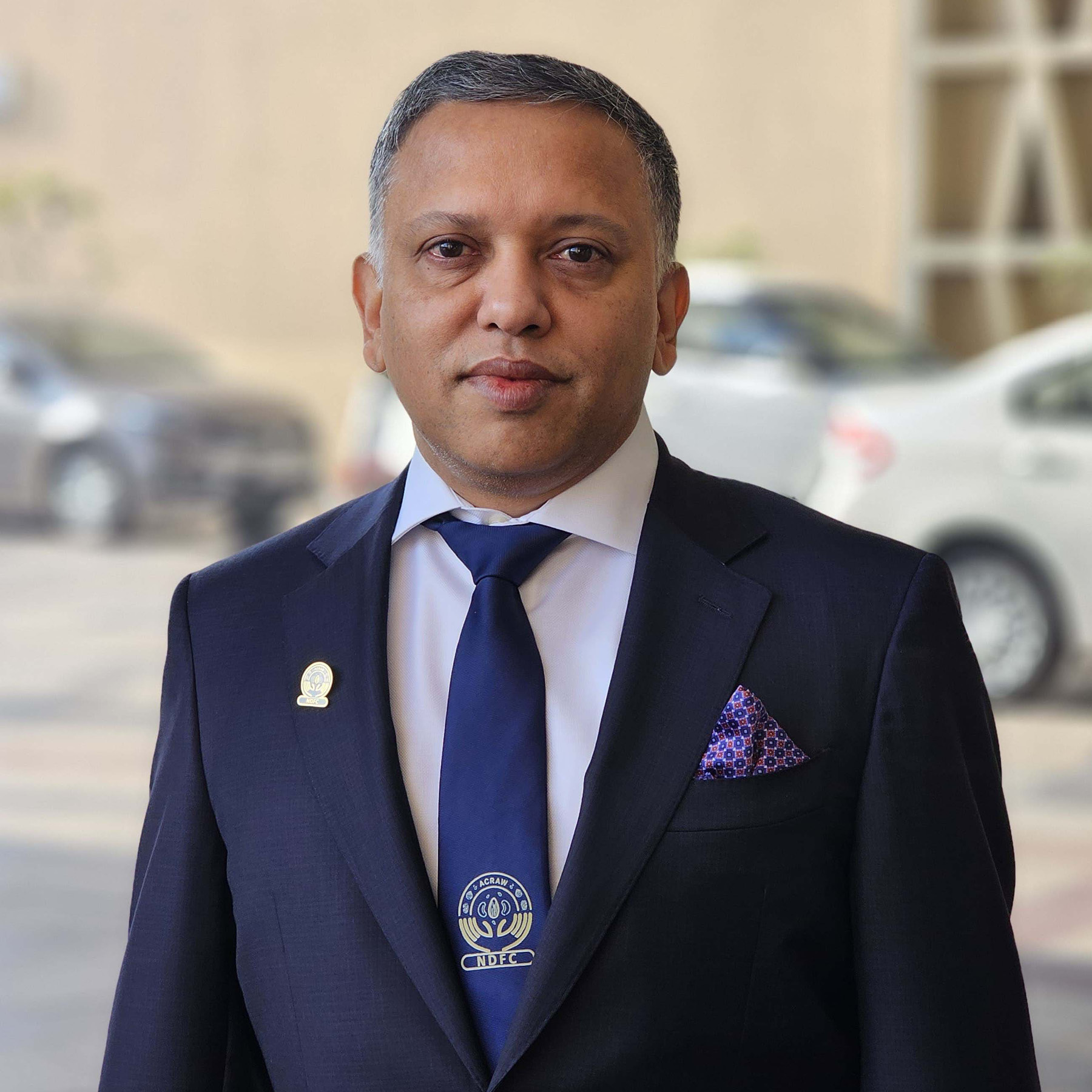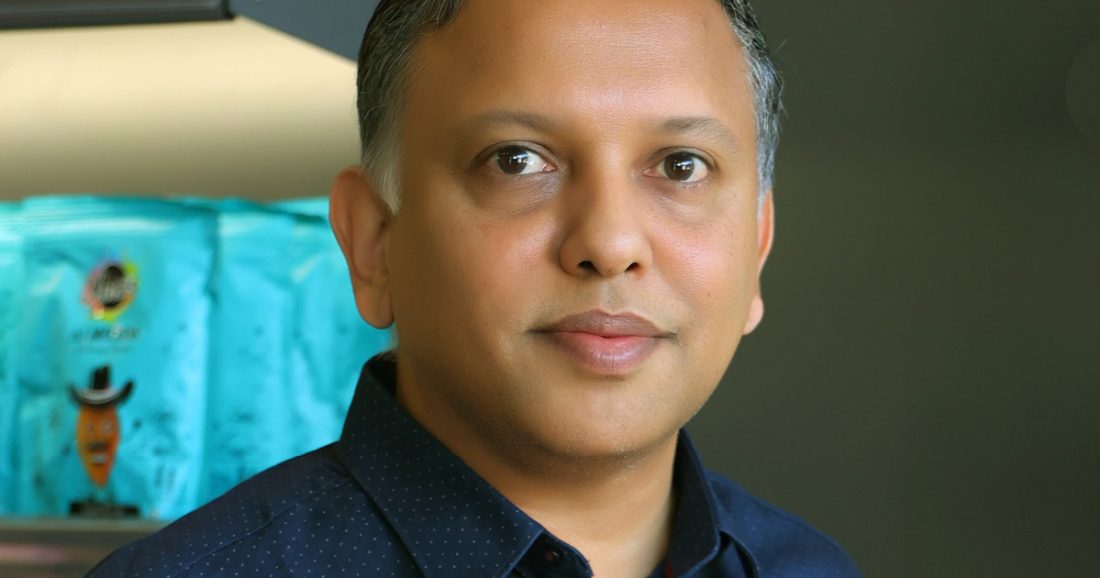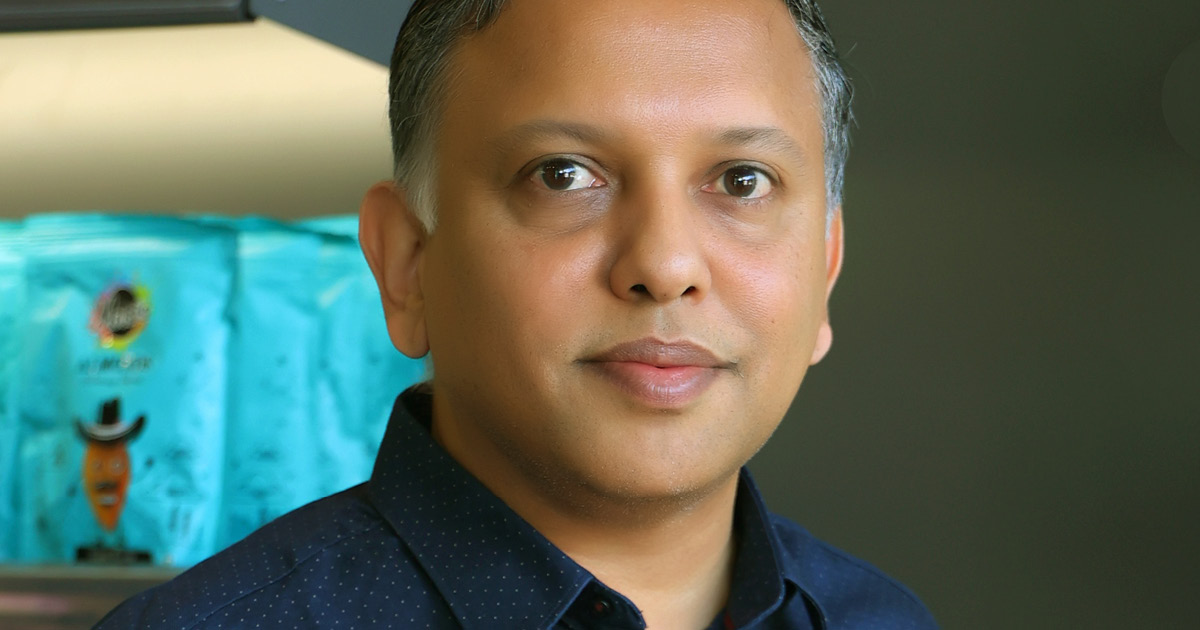A nutritious staple, cashews have played an integral role in the Kamath family since 1958 when Bola Raghavendra Kamath pioneered the rural cultivation of the nut. Prior to his establishment of a facility at Karkala in the southern Indian state of Karnataka, the cashew industry had been predominantly an urban exploit.
The business swiftly took off, exporting within the first two years – a huge achievement, considering there was not even a telephone connection in Karkala at the time.
“Our family tradition in cashews is from that time,” Bolas Agro Director Rahul Kamath tells The CEO Magazine. “I am a third-generation entrepreneur in this field.”

“The aim was to expand the basket, get into all dried fruit and nuts and other commodities, and increase our reach.”
Although he has been with the family business since 1998, a newer iteration of the business was born in 2005 when Kamath and his two brothers joined forces to launch their own cashew processing plant at a new greenfield location, naming it Bola Surendra Kamath & Sons.
“In 2020, we found that we needed to customize as the scale was going up and a partnership firm structure was not suitable for a bigger operation,” he explains. “So we formed the company Bolas Agro Private Limited, and I became the Director.”
In collaboration with
OKI Group

With two of the brothers having come from an educational background in engineering, they combined this knowledge with the experience they had built up in the cashew industry over time.
“The idea was to introduce technology into the industry and input efficiency,” Kamath explains.
Mechanization was a big part of the plan, transforming what was then a traditional business into a more efficient and forward-thinking operation.
“Of course, we were only doing cashews at that point in time,’ he points out. “The aim was to expand the basket, get into all dried fruit and nuts and other commodities, and increase our reach.”
Finding Opportunities
Over the past two decades, the brothers have made this dream a reality. Today, Bolas Agro specializes in both dried fruits and nuts and has been recognized as a two-star export house by the Government of India. It is now one of the top exporters of cashews and green coffee beans, and an importer of dried fruits, almonds and pistachios from the United States.
“Our exports main markets are the Middle East and North Africa and then Europe,” Khamat says.
Bolas Agro has also succeeded in its goal to harness the power of technology to drive efficiency.
“In 2005 when we started, to process one bag of raw cashew nuts, 5.5 mandates of labor was required. And over the past 20 years, labor required has come down to 0.5 per bag,” he says.
“With that technology today, we run India’s single biggest cashew processing facility under one group. Our facility is the biggest in India by far.”
As he looks back at the journey that brought Bolas Agro to this point, Kamath sees the company’s ability to adapt and evolve as crucial to its success.
“Every challenge gave us an opportunity,” he reflects.
For example, the company’s entry into the coffee market came in response to supply shortages in the Middle East.
“That made us get into the coffee export business and soon, within two years, we were India’s second biggest exporters of coffee beans to the Middle East,” he says.
Similarly, after the challenges of the dotcom bubble and the recession in the global market, Bolas Agro decided to balance its export business with a greater focus on the domestic market.
“That led us to getting into the edible oil field, which was import-oriented, and which can give us a good reach into the domestic market,” he adds.
Creative Thinking
The company’s recent foray into the world of retail was a similar story of agile thinking. In search of fresh cashews, the people of Karkala would walk into the offices of Bolas Agro and ask to buy a few kilos of the popular nuts.
“Our receptionist used to keep the cashews in her desk so that she could have them on hand when somebody came,” Kamath reveals.
“When the COVID-19 pandemic happened, we didn’t want anybody to walk into our office because it was a risk, but at the same time, a customer is a customer, even if it’s for one or two kilos, so we didn’t want to turn them away.”
The solution was to open a retail outlet outside the factory to cater to this local demand.
“The response was amazing because the pandemic made people understand what they were eating,” he explains. “People started moving away from junk food to healthy food. And there is nothing more healthy than dried fruits and nuts, which are an immunity booster and which are healthy.”
Remote working further fueled demand with people seeking to stock foods they could eat while working at home that wouldn’t make their hands greasy – dried fruit fit the bill perfectly, according to Kamath. And with so many people frequenting the store, the brothers decided to expand the concept.
“We started in nearby towns and the response was very, very good,” he says. “Within two years we expanded from one outlet to 50 outlets, mostly in the Tier-2 and Tier-3 cities of Karnataka where people had the money and aspirational value, but didn’t have so many shopping options.”

“At the end of the day, what you contribute to society is more satisfying than having a bigger balance sheet.”
The decision to enter Karnataka’s main business hub, Bengaluru, came last year. Determined to make an impact, Bolas Agro opted to open 20 outlets all at once and whip up a storm of excitement.
“So we took that challenge and it was amazing,” Kamath notes. “In fact, one of the outlets we had to call the police to control the crowd. It was such a big success.”
Now, there are 70 retail outlets across Karnataka and it is targeting 100 outlets by the end of this financial year, with further expansion on the cards.
Also on the agenda are plans to build on Bolas Agro’s sustainability and CSR initiatives. It has already introduced solar panels, which generate more than 50 percent of the factory’s power requirements. It is also looking into making biofuel, with R&D now in the advanced stage.
“Hopefully, in the next two or three years, we’ll be able to start a biofuel unit, which uses the by-product of our industry,” Kamath explains.
Kamath says the company has also provided scholarships to more than 5,000 students across Karnataka to ensure everyone has access to an education.
“At the end of the day, what you contribute to society is more satisfying than having a bigger balance sheet or a bigger top line and bottom line,” he says.
“That’s what you aspire to be. And at Bolas Agro we have taken so many measures, under our CSR program, to build the community around us.”




